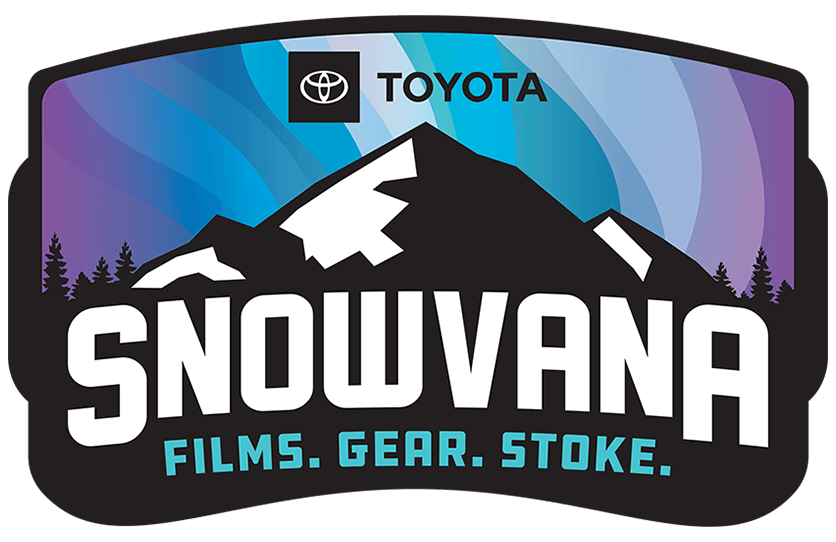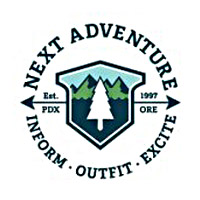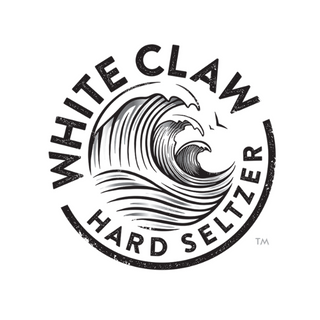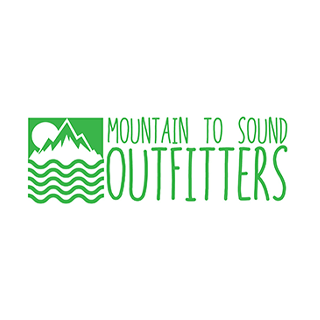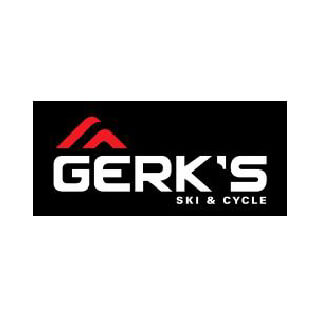
Everyone leaves environmental footprints, whether we are consciously aware of it or not. It’s the sum of all the things we do in our life: brushing our teeth, driving to work, and even the hobbies we love. At Snowvana, we love skiing and snowboarding, and snow sports are so heavily reliant on the environment that we feel it’s our duty to make sure we keep our collective footprints as small as possible.
You might be surprised to learn that one trip to the mountain is the equivalent of about 150 pounds of greenhouse gases. With an estimated 19.4 million skiers or snowboarders worldwide, this adds up to huge amounts of harmful emissions in the atmosphere. If we want to keep our winters cold, we have to stop praying for snow and starting doing our part.
One Way to Make a Difference
The Bonneville Environmental Foundation’s SkiGreen program has made it easy to start offsetting your impact now. For only $3.00, you can purchase the SkiGreen Single trip and offset the impact of one trip to the mountain through their carbon reduction projects. For season pass holders, there is a SkiGreen Season Pass for $30.00 that represents a reduction of 1,500 pounds of greenhouse gases. That’s a small price to pay to make sure that generations to come get to enjoy winter and the mountain like we have.
Tips to Reduce Your Carbon (Ski)print
A world without snowy winters is a grim image for all winter sports enthusiasts but it is becoming more inevitable. Here are some small ways you can reduce your personal footprint:
- CARPOOL– Help the environment and your wallet by carpooling with friends. Who wants to drive up by themselves anyway? ROAD TRIP!
- BRING PREPACKAGED SNACKS– Instead of going to the gas station and buying a bag of snacks on the way up to the mountain, pre-package your snacks in reusable containers. Single use plastics and single serving chip bags are unnecessarily wasteful and statistics show that 91% of plastic isn’t recycled.
- ELECTRONICS– Make a habit of unplugging your electronics before you leave for the mountain. Electronics such as TVs and phone chargers use energy even when they are not actively being used.
- WATER BOTTLES- Bring your own reusable bottle or find a water fountain. From production, consumption, and their most likely fate of ending up loose in the environment, plastic water bottles are extremely harmful. Did you know it takes 3 times the amount of water to make the actual bottle as it does to fill it?
- COFFEE– On a similar note, bring your own coffee in a reusable cup. We all know that early morning shred sessions require a coffee pick-me-up but not only will you be saving a disposable cup from ending up in a landfill but many coffee drinks come with plastic straws.
- SKIP THE POST SHRED BURGER– Red meats, such as burgers, are notorious for having an outrageous environmental footprint and it is estimated that a quarter of all methane emissions in the US is from cows’ digestive process. One burger has a 4-pound carbon footprint, not even including the energy to cook the meat, and Americans eat nearly 50 billion burgers a year.
- BUY LOCAL– The less time that products have to travel, the less CO2 being emitted from trucks, trains, planes, and ships.
- REUSABLE BAGS– After you purchase your local goods, put them in a reusable bag as opposed to a plastic bag. Plastic bags in the environment can contaminate water and land, kill wildlife, and gather rainwater.
The Bonneville Environmental Foundation is an Oregon nonprofit organization that helps empower businesses to be more environmentally friendly by providing them with environmental products to balance carbon emissions, electricity use and water use. Snowvana is proud to have the BEF as a partner this year and we will be donating a portion of our gate proceeds to help keep our own carbon footprint as small as possible. This means that for each attendee, the BEF will be offsetting 50 pounds of carbon. In addition, when you buy a ticket for Snowvana you can choose to add $1 to be donated directly to BEF!
Check out the BEF website to find out more ways you can shrink your environmental footprint, expand your knowledge, and even calculate your personal carbon and water footprint. Let’s all SkiGreen together this season!
